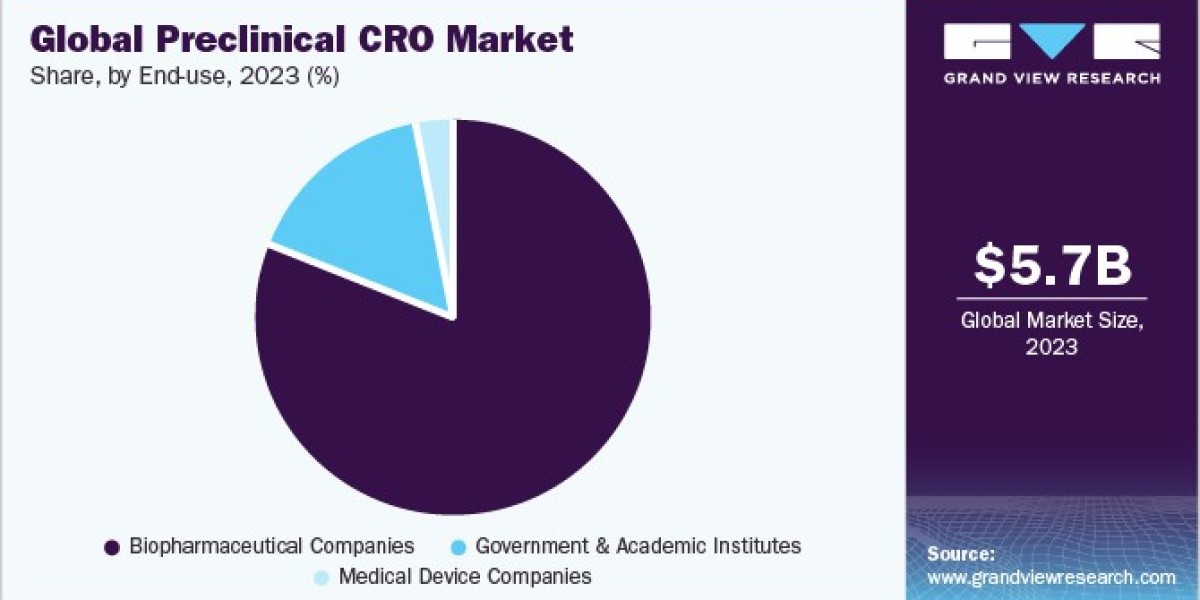Originally published by Quantzig: Pharma Inventory Management: Best Practices for Efficient Supply Chain
Effective Pharma Inventory Management: Ensuring Seamless Operations and Cost Efficiency
In the pharmaceutical industry, effective inventory management is vital for maintaining seamless operations, reducing costs, and adhering to strict regulatory requirements. Given the dynamic market conditions and the precision needed in supply chain management, organizations must balance optimizing inventory levels with ensuring product availability.
Quantzig's Pharma Inventory Management Dashboard
Quantzig's Pharma Inventory Management Dashboard offers a comprehensive solution to tackle these challenges. Using advanced analytics and data visualization, the dashboard provides real-time insights into inventory levels, demand forecasts, and overall supply chain performance. With customizable dashboards and interactive visualizations, pharmaceutical companies gain actionable insights to optimize inventory turnover, minimize stockouts, and improve overall inventory management.
Quantzig's Expertise in Pharma Inventory Management Solutions
Client Details
The client is a leading player in the pharmaceutical industry, offering a diverse product portfolio.
Challenges Faced by the Client
The client needed an effective solution to monitor inventory levels while managing the risks of surplus inventory and shortages. They aimed to maintain optimal stock levels to meet customer demands while maximizing profitability. Additionally, the client required improved supply chain visibility and a solution to streamline reorder processes and enhance inventory control.
Pharma Inventory Management Solutions Offered by Quantzig
Quantzig provided a tailored inventory management solution that enabled the client to understand customer behavior and gain insights into buying patterns, seasonal demands, and location-based factors. The solution helped the client maintain appropriate product quantities to avoid stockouts and segment products based on customer demand—categorized into high-value, moderate-value, and low-value items. As a result, the client successfully minimized inventory costs and maximized supply chain efficiency.
Impact Analysis of Pharma Inventory Management Solution
Quantzig’s solution significantly improved the client's collaboration with suppliers by providing real-time visibility into current inventory, stock held, and future demand projections. This increased visibility enabled the client to analyze trends in sales and supply chains, leading to more informed decision-making. By leveraging historical inventory data and implementing cost-reducing strategies, the client achieved economies of scale and better determined product demand.
The engagement also addressed issues with inadequate inventory management practices by introducing a perpetual inventory system, supplemented with a hybrid approach tailored to different product types and inventory sizes. This comprehensive strategy reduced inventory shrinkage and optimized inventory processes, resulting in enhanced efficiency and cost savings.
Pharmaceutical Industry Overview
The pharmaceutical industry plays a critical role in developing, producing, and marketing medications that meet patients' needs. With growing healthcare demands, the industry grew to over one trillion US dollars in 2014 and continues to expand due to an aging population, lifestyle changes, and rising health issues. However, several factors, such as regulatory reforms, rising customer expectations, and the emergence of biosimilars, could impact its growth.
Policy Reforms
Healthcare policy changes significantly impact the pharmaceutical industry. Governments worldwide prioritize healthcare, placing pressure on pharmaceutical companies to meet quality standards established by regulatory bodies like the FDA.
Rising Customer Expectations
The commercial landscape is becoming increasingly challenging, with customers seeking more cost-effective products. Pharmaceutical companies must ensure that new treatments are both clinically and economically superior to existing alternatives. Additionally, rising health issues demand high-quality and reliable pharmaceutical solutions.
Biosimilars Showdown
Biosimilar drugs can improve treatment efficacy and patient safety at lower costs. However, some industry leaders are hesitant to adopt biosimilars, fearing potential negative effects on innovation.
The Role of Inventory Management in Addressing Challenges
To tackle these challenges, pharmaceutical companies need an effective inventory management solution. This involves systematically ordering, storing, and controlling inventory, including raw materials, components, and finished products. A reliable inventory management system helps businesses track stock levels, determine reorder points, and optimize purchase quantities. Additionally, it aids in restocking and pricing decisions, thereby improving profitability and customer satisfaction.
Inventory Management Requirements in the Pharmaceutical Sector
Specialized Inventory Management Systems
Leveraging specialized pharmacy inventory management systems is essential for the healthcare sector. These systems provide advanced features such as batch tracking, expiration date alerts, and real-time inventory visibility—enabling healthcare providers to optimize stock and enhance patient safety.
Compliance with Industry Standards
Pharmaceutical companies must adhere to strict industry standards, such as Good Manufacturing Practice (GMP) guidelines and FDA regulations. Compliance with these standards is crucial for ensuring quality and minimizing risks to patient health.
Regular Physical Inventory Counts
Conducting regular physical inventory counts is essential to maintain accurate stock levels and identify discrepancies promptly. Routine audits help prevent stockouts and optimize inventory turnover.
Monitoring Expiration Dates
Monitoring expiration dates is a critical aspect of inventory management in the pharmaceutical sector. Expired medications pose serious safety risks, making it vital for healthcare providers to implement robust monitoring processes to prevent dispensing expired products.
Tailored Inventory Management Practices
Hospital pharmacies have unique inventory needs, requiring customized strategies such as ABC analysis for high-value items and Just-In-Time (JIT) inventory management to optimize stock levels and enhance patient care outcomes.
Why Modern Inventory Management Systems Are Essential
Modern inventory management systems streamline processes, optimize inventory, and improve supply chain efficiency. Key features include real-time tracking, cloud integration, and advanced analytics for informed decision-making. By adopting these systems, pharmaceutical companies can enhance profitability, reduce costs, and boost customer satisfaction.


